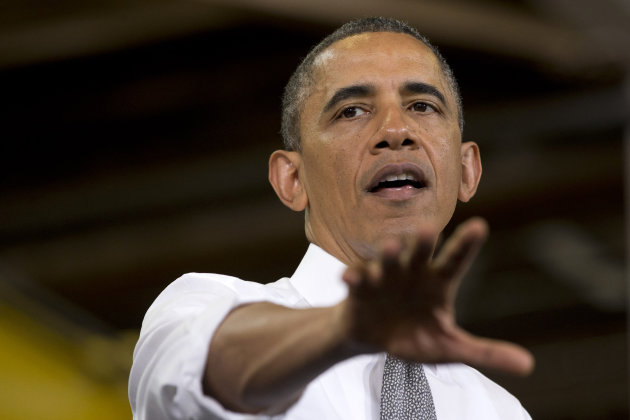
1. To boldly go where no man has gone before.This line (and its newer version, with no one in place of no man) is as famous for being "wrong" as it is for being from the intro to each episode of Star Trek.
What's "wrong"? It's a "split infinitive," with boldly improperly between to and go.
Is it really wrong? No. The "rule" against split infinitives is just a grammatical superstition. It was invented in the 1700s by a grammarian who wanted to "improve" the language along Latin lines. English, however, is not Latin, and the option of putting words between to and the verb root has always existed and has often been made use of by respected authors. There are times when a sentence works better if you don't do it, sure; that doesn't make it a rule, and the Star Trek line is not one of those times, either. "Boldly to go"? "To go boldly"? No.
2. The woods are lovely, dark and deep. / But I have promises to keep, / And miles to go before I sleep, / And miles to go before I sleep.This is from "Stopping by the Woods on a Snowy Evening," by Robert Frost.
What's "wrong"? It starts a new sentence right before a conjunction ("But...").
Is it really wrong? No. It has always been an option in English to start sentences with conjunctions, and the most respected authors in the language have done so on occasion to good effect.
3. This was the most unkindest cut of all.Marc Antony says this in Shakespeare's Julius Caesar.
What's "wrong"? Double superlative: most unkindest.
What's "wrong"? It's a "split infinitive," with boldly improperly between to and go.
Is it really wrong? No. The "rule" against split infinitives is just a grammatical superstition. It was invented in the 1700s by a grammarian who wanted to "improve" the language along Latin lines. English, however, is not Latin, and the option of putting words between to and the verb root has always existed and has often been made use of by respected authors. There are times when a sentence works better if you don't do it, sure; that doesn't make it a rule, and the Star Trek line is not one of those times, either. "Boldly to go"? "To go boldly"? No.
2. The woods are lovely, dark and deep. / But I have promises to keep, / And miles to go before I sleep, / And miles to go before I sleep.This is from "Stopping by the Woods on a Snowy Evening," by Robert Frost.
What's "wrong"? It starts a new sentence right before a conjunction ("But...").
Is it really wrong? No. It has always been an option in English to start sentences with conjunctions, and the most respected authors in the language have done so on occasion to good effect.
3. This was the most unkindest cut of all.Marc Antony says this in Shakespeare's Julius Caesar.
What's "wrong"? Double superlative: most unkindest.





